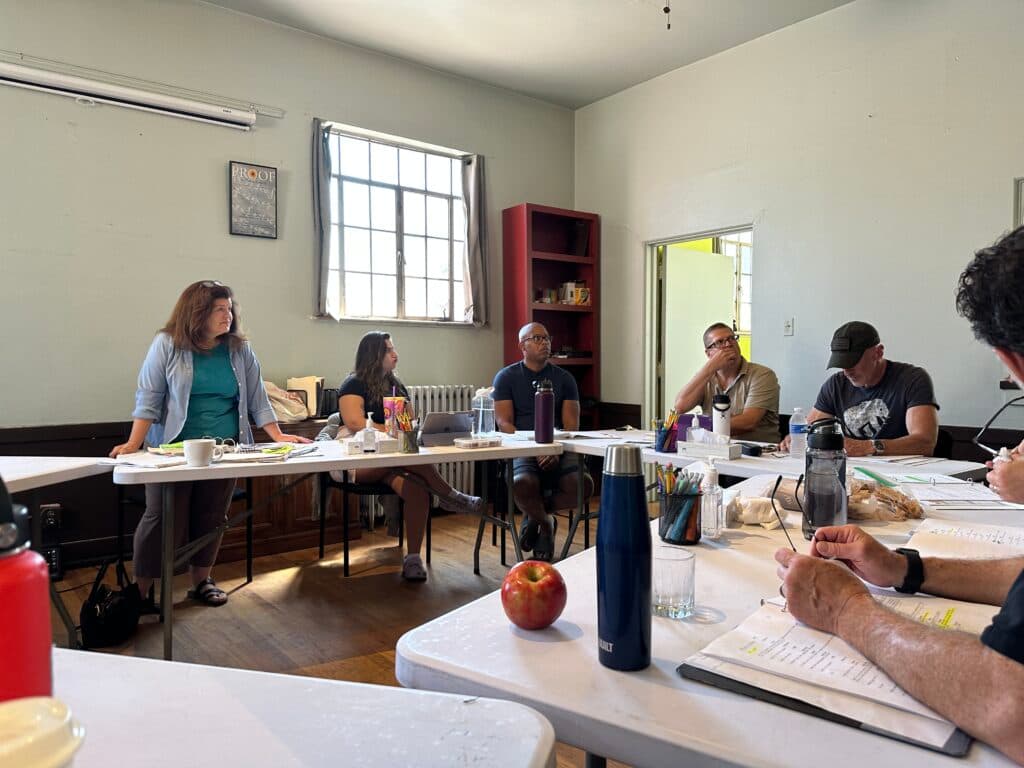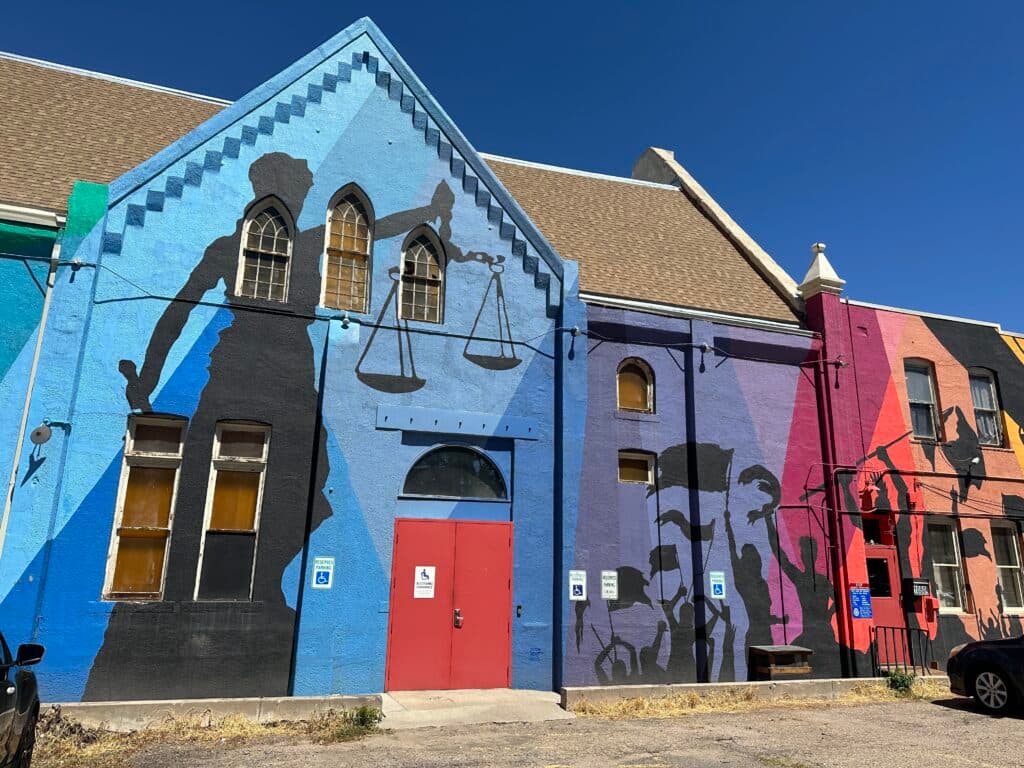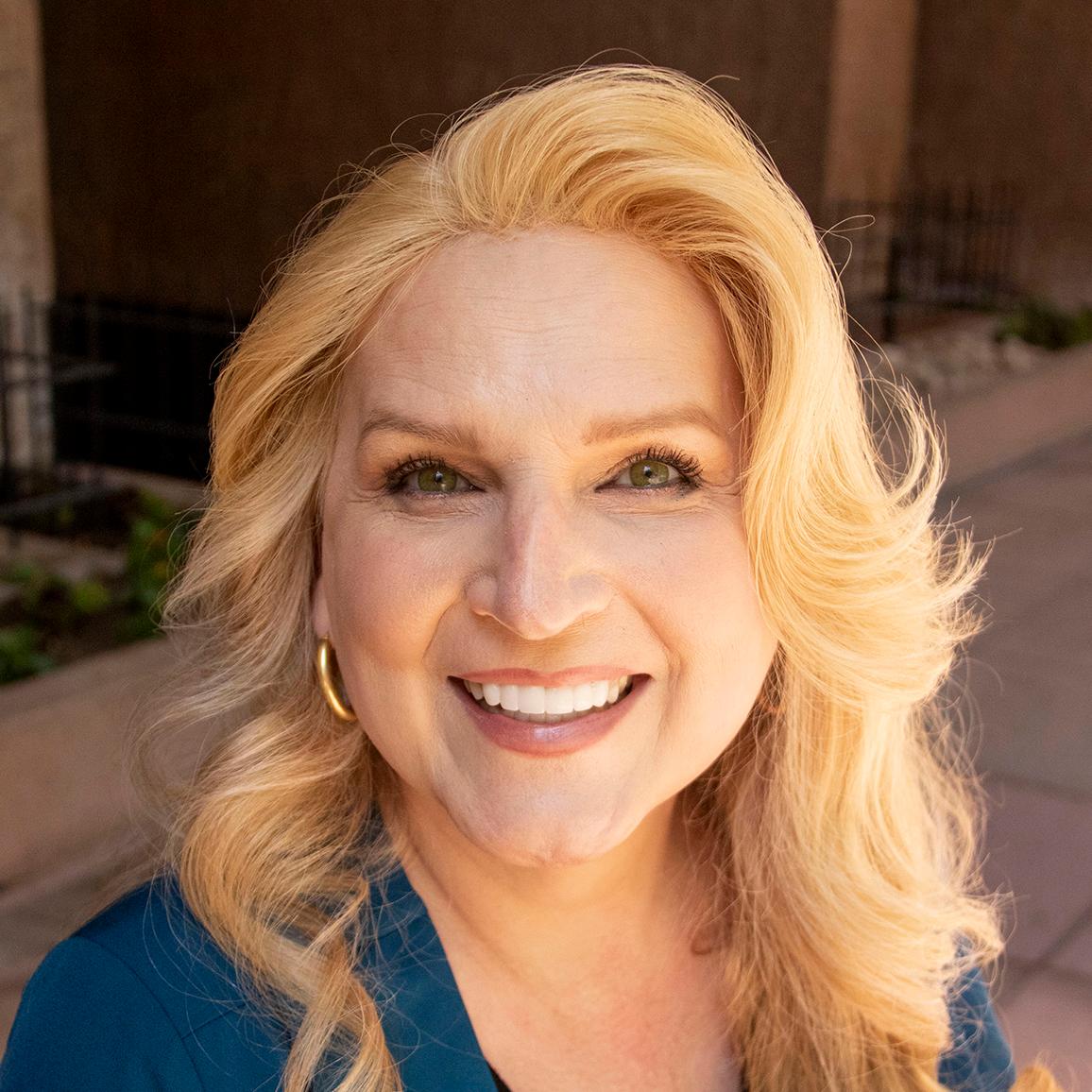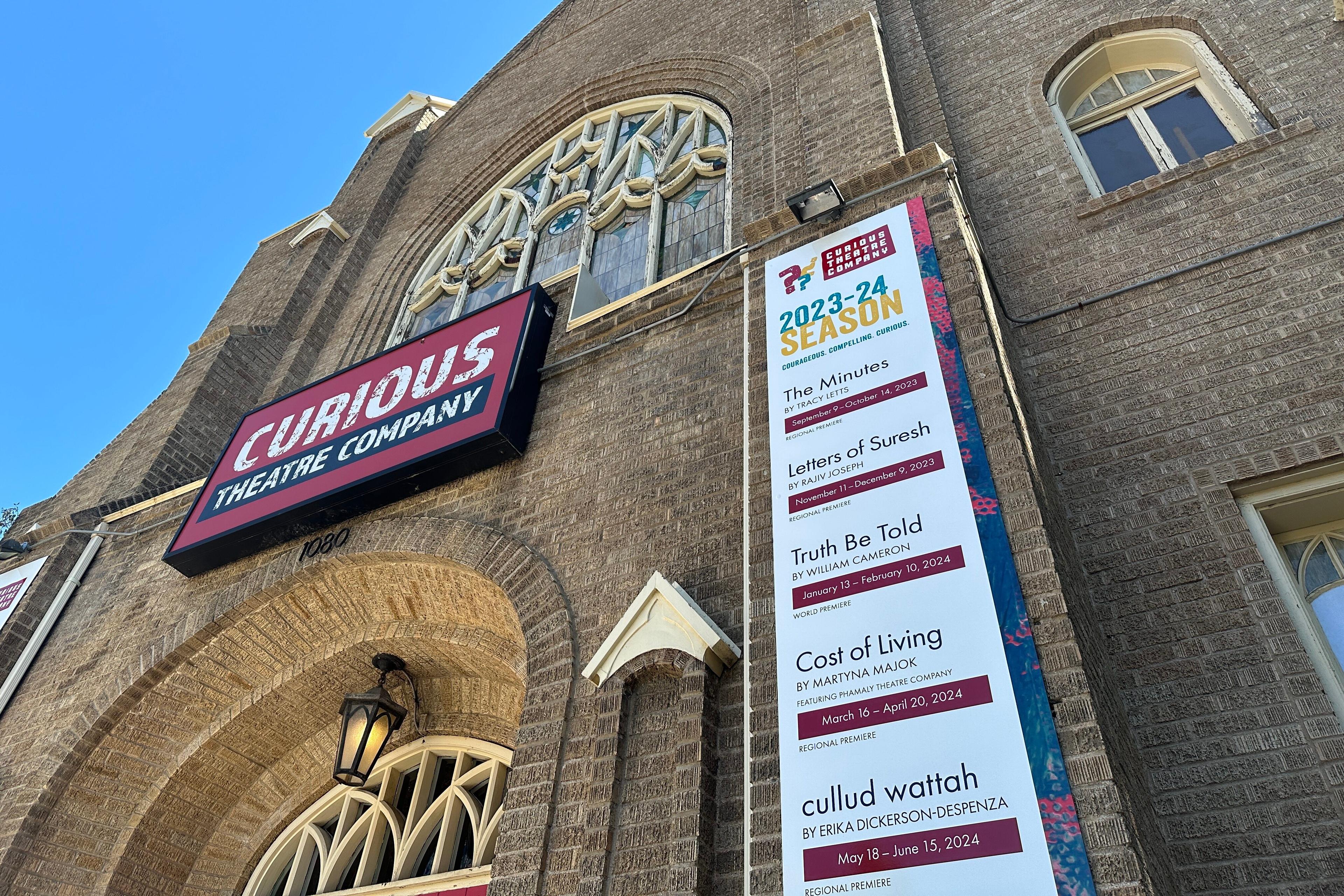Colorado’s arts and culture organizations that survived pandemic-era shutdowns now face new financial realities.
Since reopening, many performing arts companies across the country have produced fewer shows, laid off employees, and even closed. Denver’s theaters aren’t excluded from that trend.
On March 1, Curious Theatre Company launched a public emergency fundraising campaign to raise $250,000 by July, stating the company could face existential consequences.
“We really have not been able to get back up to those income and revenue levels that we had prior to Covid,” managing director Jeannene Bragg said. “And the government money and the foundation money, which we really appreciated, is no longer available to us.”
Bragg said the average annual budget is about $1.2 million.
Because Curious Theatre followed a subscriber-funded model, ticket sales only accounted for a third of the company’s revenue. It’s a business model that many thought was dying out, even before the pandemic. But Curious Theatre’s loyal following and strong season Theatre's strong season subscriber base bucked that trend— until now.
“So we find ourselves in the situation where we're about 20 percent down on our income levels and so we've got to make some hard choices about what we look like in the future,” Bragg said. “After COVID, we're starting to see that decline.”
Curious Theatre’s ambitious programming model
In the changing market, many theaters are adjusting how they program their seasons to bring back audiences, attract new theatergoers, and build a more diverse subscriber base.
But, Dixon said that would be counter to the DNA of Curious Theatre’s programming — whose slogan is "No Guts, No Story” — which tends to focus on political issues, social commentary, and hard-to-discuss topics, such as race, gender, and religion.
Artistic Director Jada Suzanne Dixon said it’s disheartening to consider changing the type of programming that would bend the understanding of the theater’s mission.
“(It’s) a slippery slope to me to do that because the people who are loyal and committed, they show up for us because of what we program and what we do,” Dixon said. “Those other pieces they can get elsewhere in this lovely community that we have in Colorado.”

Bragg said that due to the nature of the adventurous work Curious is committed to, subscribers are vital.
“Because they're with you on your journey and on every risk you take with a show,” Bragg said. “We're not depending on a big title to sell all the single tickets to make our revenue. We depend on those subscribers who really embrace what we bring to the table and are there with us for all the twists and turns and the gutsy type of work that we do.”
Dixon noted that last season’s biggest draw was “Amerikin” — a play that deals with issues of white supremacy. The previous year’s best-seller was “American Son” — a play about interracial relationships, parenthood and police brutality.
“And I thought, ‘Well, that tells me that our audiences want a glimpse into and a way into humanity,’” Dixon said. “Not just to look at it from afar, but to dive into it and examine it collectively in a community and to be able to talk about it.”
But both Bragg and Dixon agree that since the pandemic, streaming services have made audiences comfortable staying at home.
The new plays are risky and they're bold and they don't always work, but they're essential to keeping the theater thriving and alive.Jeannene BraggCurious Theatre managing director
“We have to be thinking radically about how we ensure we are communicating to people that coming to the theater, coming to live theater, coming to Curious Theatre is worth getting out of your pajamas for,” Dixon said.
“Yes, we all love musicals and the fun stuff,” Bragg said. “The new plays are risky and they're bold and they don't always work, but they're essential to keeping the theater thriving and alive. We need our community's help to keep doing that. We need the community to show their support.”
A historic building with a historic cost
The Curious Theatre Company resides in a historic building, a Swedish Evangelical Free Church built in 1895 just south of the Denver Art Museum. Like many historic buildings, the converted church demands costly maintenance and recently required unexpected repairs.
While the church is an important piece of the company, Dixon said the walls at 1080 Acoma St. are only part of the company’s legacy and identity.
“I wholeheartedly believe that that vibe and that energy and that aesthetic is in the people, the staff, the board of directors, the artistic company as well as our patrons,” Dixon said. “And as much as, yes, the building is important, the organization's sustainability exceeds that to me.”
Both Bragg and Dixon said all options are on the table to solve the company’s financial crisis — including selling the building.
“(The building) is an absolute asset to us. It is also a liability,” Dixon said. “And so we've got to be thinking about the sustainability of the organization as a whole. And what that looks like is we've got to explore what is available to us and reach out to our community for help and support.”

“I truly believe Curious is an important part of the theatrical ecosystem here in the Denver metro area and also across the country,” Bragg said. “We do new plays and bring in new voices that no one else in town is going to do. And I feel like we're essential to furthering the future of American theater.”
“Curious will be here,” Dixon said. “Yes, we are in survival mode, and we are in a survival mode right now so that we can get to a thriving mode. And I strongly believe we will get there.”
Curious Theatre’s current production of Martyna Majok's 2018 Pulitzer Prize-winning play “Cost of Living”, featuring Phamaly Theatre Company, plays through April 20.












